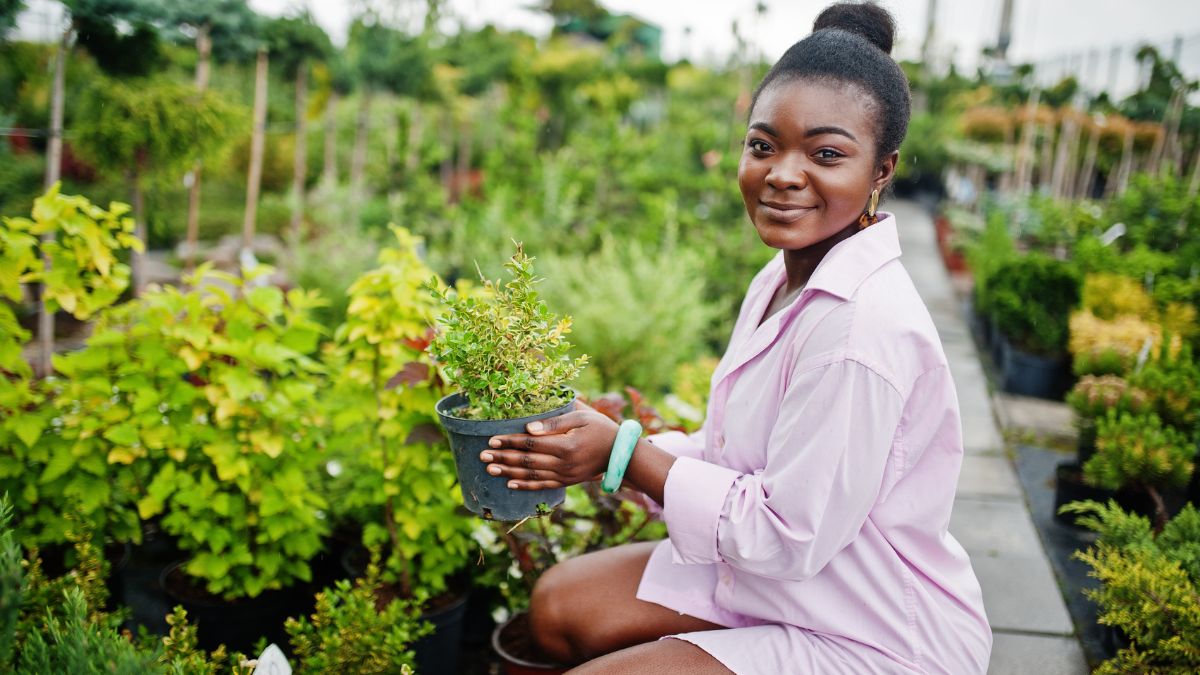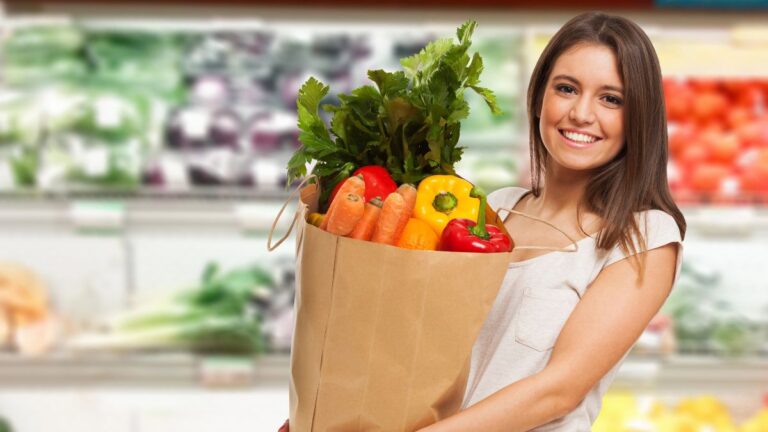From Seed to Supper: 15 Simple Tips for Growing Fresh Herbs and Veggies at Home
Growing your own herbs and vegetables at home can be both fun and rewarding. Not only do you get to enjoy fresh, flavorful ingredients, but you also save money and reduce your environmental footprint.
Whether you have a spacious garden or just a small balcony, starting your own garden is a fantastic way to connect with nature and enjoy the satisfaction of nurturing your own food. With a bit of knowledge and effort, you can cultivate a variety of fresh herbs and veggies right at home. Here are 15 easy ways to get started on your home gardening journey.
Start Small
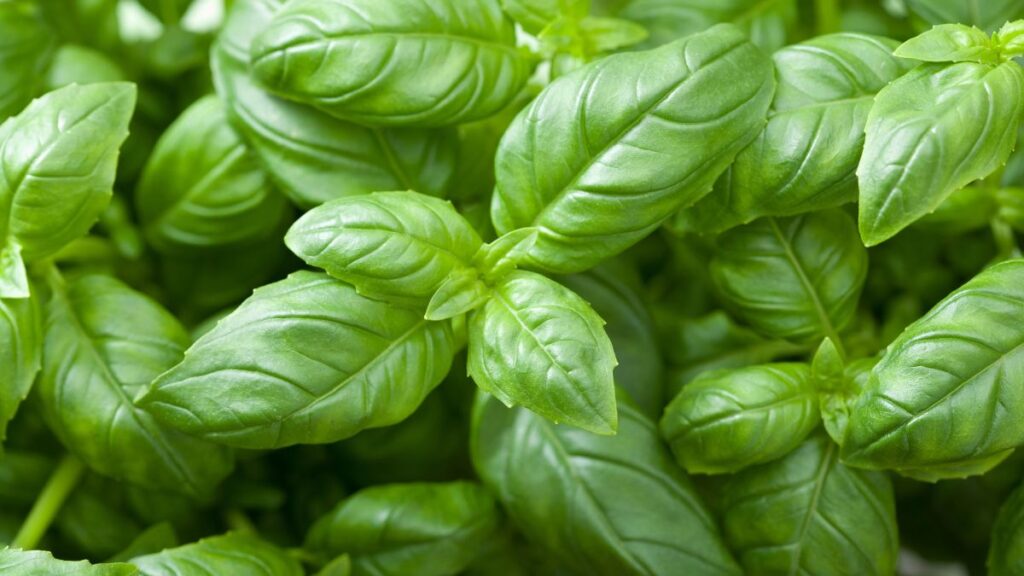
If you’re new to gardening, starting with a few easy-to-grow plants is wise. Herbs like basil, parsley, and chives are excellent choices for beginners because they are relatively low-maintenance and versatile in the kitchen. Lettuce and radishes are also great options to begin with, as they grow quickly and don’t require a lot of space.
By starting with a small selection, you can learn the basics of planting, watering, and harvesting without feeling overwhelmed. As you gain confidence and experience, you can gradually expand your garden to include a wider variety of plants and more complex gardening techniques.
Choose the Right Location
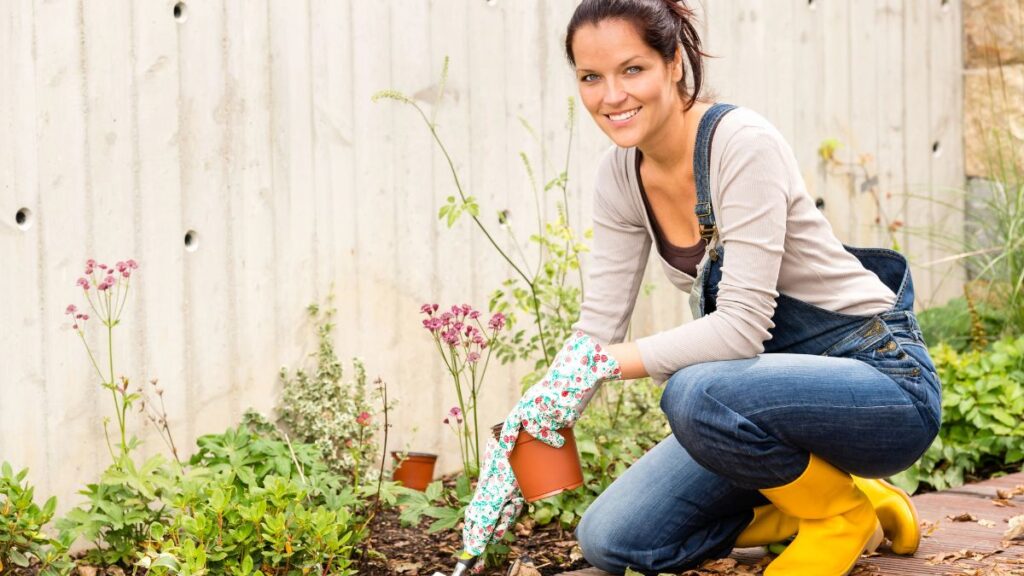
Selecting the right spot for your garden is crucial for plant health. Most herbs and vegetables require a sunny location, ideally receiving 6-8 hours of direct sunlight each day. Sunlight is essential for photosynthesis, which helps plants grow strong and produce flavorful harvests.
If you don’t have a naturally sunny spot, consider using grow lights to supplement natural light, especially in indoor or shaded areas. For container gardens, placing pots where they can get the most sun throughout the day will help ensure your plants thrive. A well-chosen location is key to successful gardening and can significantly impact your plant’s growth and productivity.
Use Quality Soil
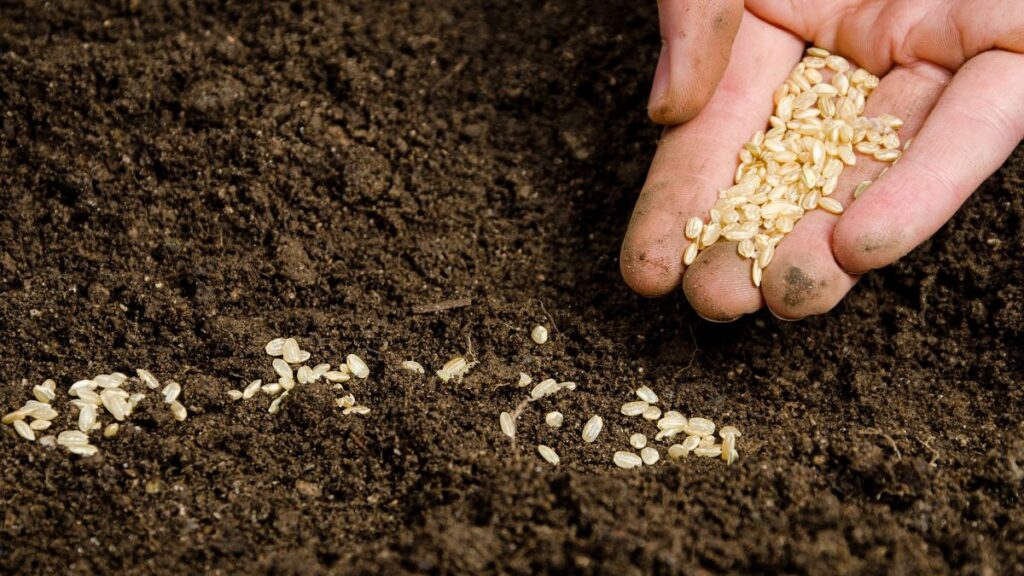
The soil quality plays a significant role in the health of your plants. For container gardens, use a high-quality potting mix and compost to provide essential nutrients and ensure good drainage. Enrich your soil with organic matter such as compost or aged manure for garden beds to improve its texture and nutrient content.
Avoid using soil directly from your yard, as it might be too heavy, poorly drained, or lacking in vital nutrients. Good soil supports healthy root development and plant growth, so investing in the right mix will pay off in the quality and quantity of your harvest.
Water Wisely
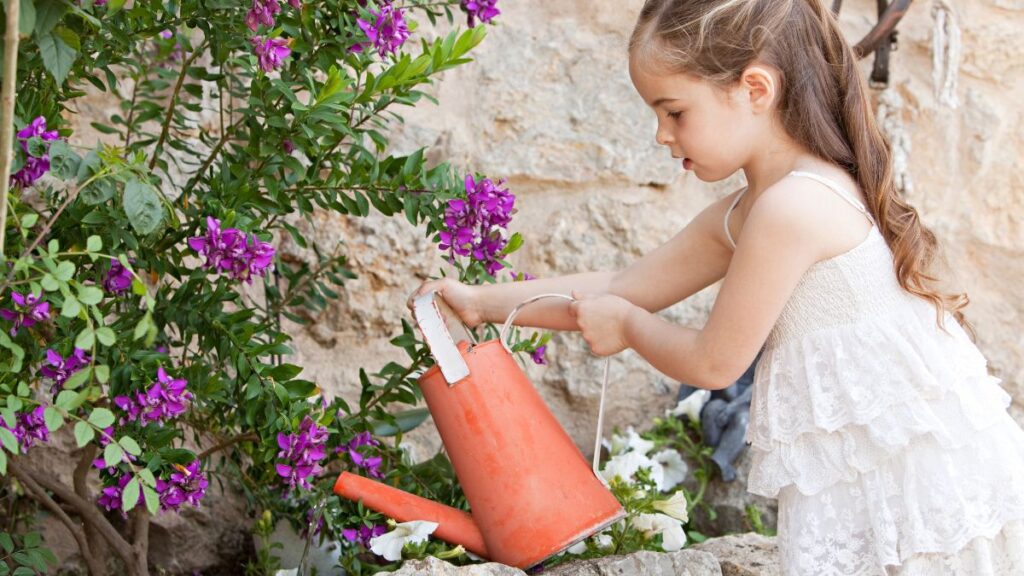
Watering is a critical aspect of plant care, but striking the right balance is important. Herbs and vegetables need regular watering, but overwatering can lead to root rot and other problems. Check the soil’s moisture level by sticking your finger into it; if the top inch of soil feels dry, it’s time to water.
Be sure to water the base of the plants rather than spraying water on the leaves. This helps prevent disease and ensures the roots receive the moisture they need. Effective watering practices are essential for maintaining healthy plants and achieving a bountiful harvest.
Feed Your Plants
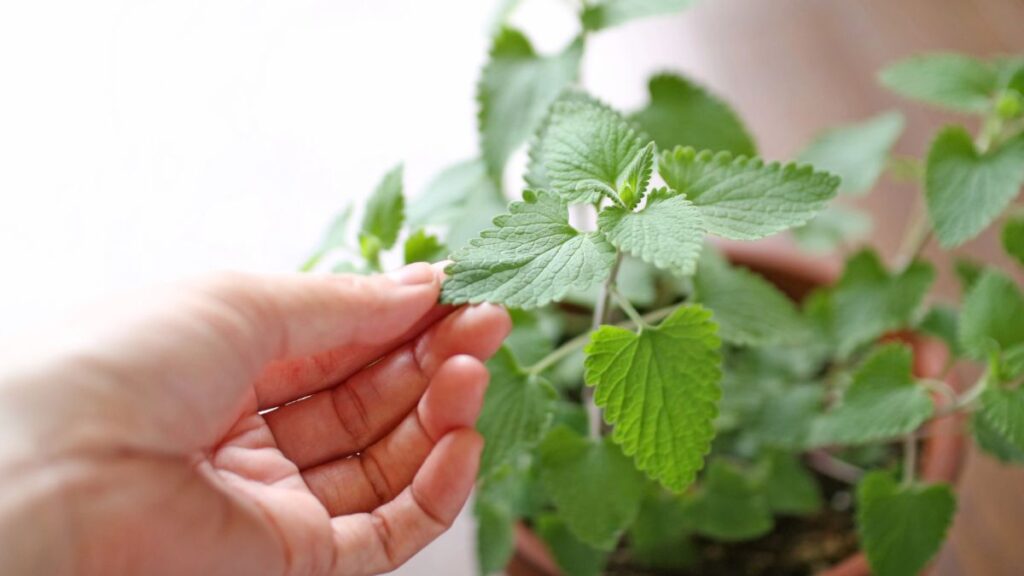
To promote robust growth, plants need a steady supply of nutrients. Organic fertilizers or compost are excellent choices for feeding your herbs and vegetables. Follow the instructions on the fertilizer package to apply the right amount and avoid over-fertilizing, which can harm your plants.
Regular feeding supports healthy foliage and fruit production, so monitor your plants’ needs and adjust the feeding schedule as necessary. Providing the proper nutrients will help your plants thrive and yield a better harvest.
Practice Crop Rotation
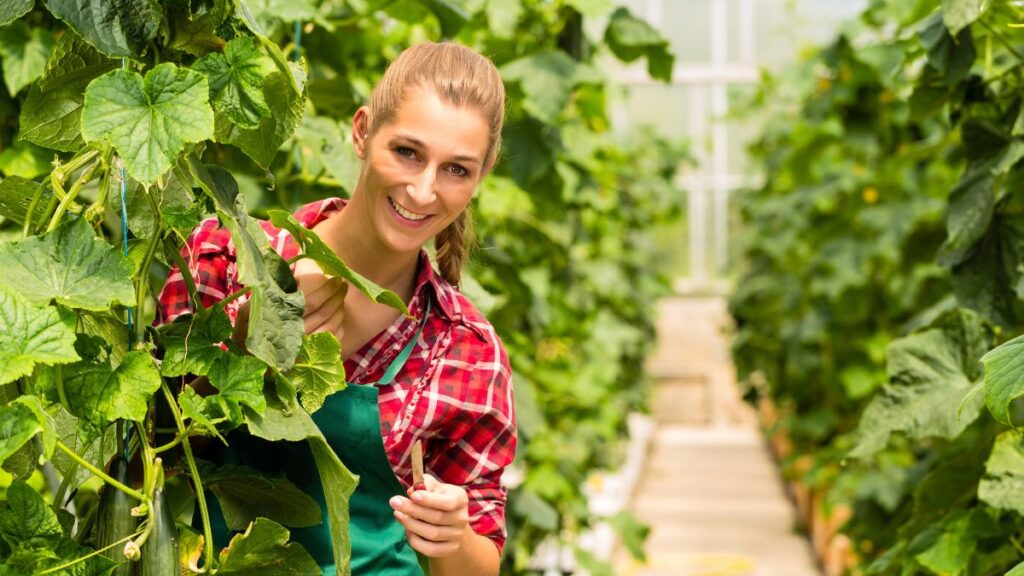
For gardeners using garden beds, practicing crop rotation is essential for maintaining soil health and preventing pest problems. By rotating different types of plants each year, you can avoid depleting the soil of specific nutrients and reduce the risk of pest infestations.
Refresh the soil periodically for container gardens by replacing it with new compost. This practice helps ensure that your plants have access to fresh, nutrient-rich soil and reduces the buildup of soil-borne diseases. Implementing crop rotation and soil renewal techniques will contribute to a more productive and sustainable gardening experience.
Harvest Regularly
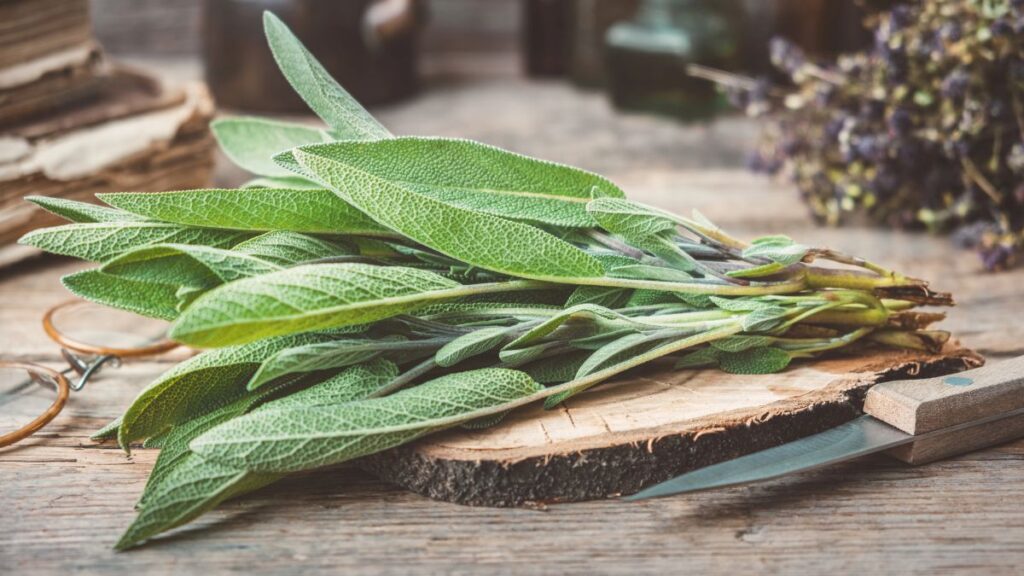
Regular harvesting encourages plants to continue producing and helps you enjoy the best flavor and texture from your herbs and veggies. Regularly picking herbs like basil and cilantro will stimulate new growth and keep your plants productive.
Harvest vegetables when they are ripe to ensure optimal taste and quality. Regular harvesting also helps prevent pests and diseases by removing potential breeding grounds and reducing plant stress. By staying on top of your harvest schedule, you’ll maximize your yield and keep your garden in peak condition.
Use Containers for Small Spaces
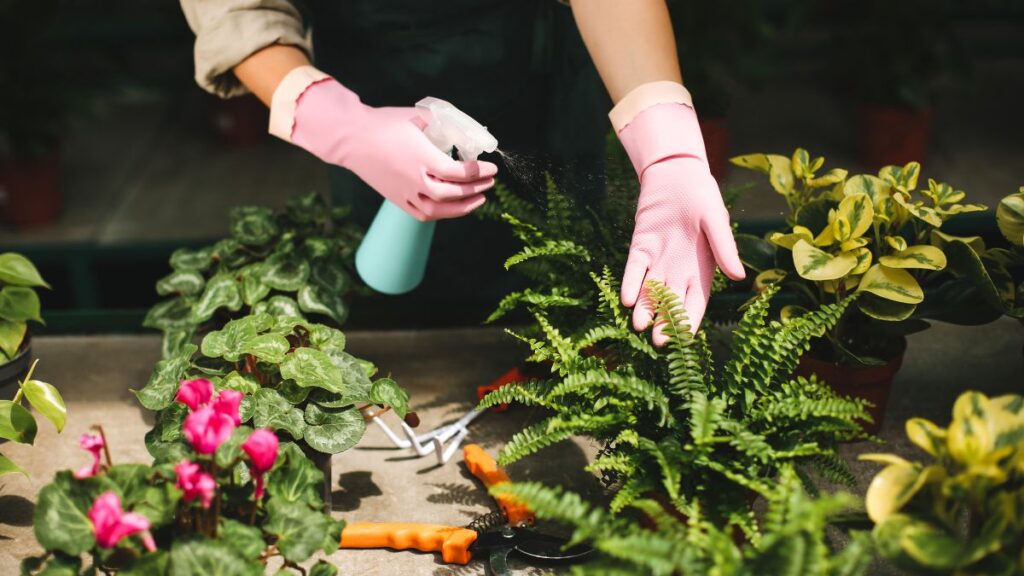
If you’re limited on space, container gardening is a great solution. Choose pots with good drainage and appropriate sizes for the plants you want to grow. Containers can be placed on patios, balconies, or windowsills, making them ideal for small or urban environments.
You can grow a wide range of plants in containers, from tomatoes and peppers to herbs and salad greens. Properly managing your container garden allows you to enjoy homegrown produce even if you don’t have a large outdoor space.
Protect Against Pests

Pest management is an essential aspect of gardening to ensure the health of your plants. Regularly inspect your plants for signs of pests and use natural control methods, such as neem oil or insecticidal soap, to address infestations.
Encourage beneficial insects like ladybugs, which feed on harmful pests and help keep their numbers in check. Being proactive and attentive to pest issues helps prevent significant plant damage. It maintains a healthy garden environment, and implementing these strategies will protect your plants and contribute to a more successful gardening experience.
Companion Planting
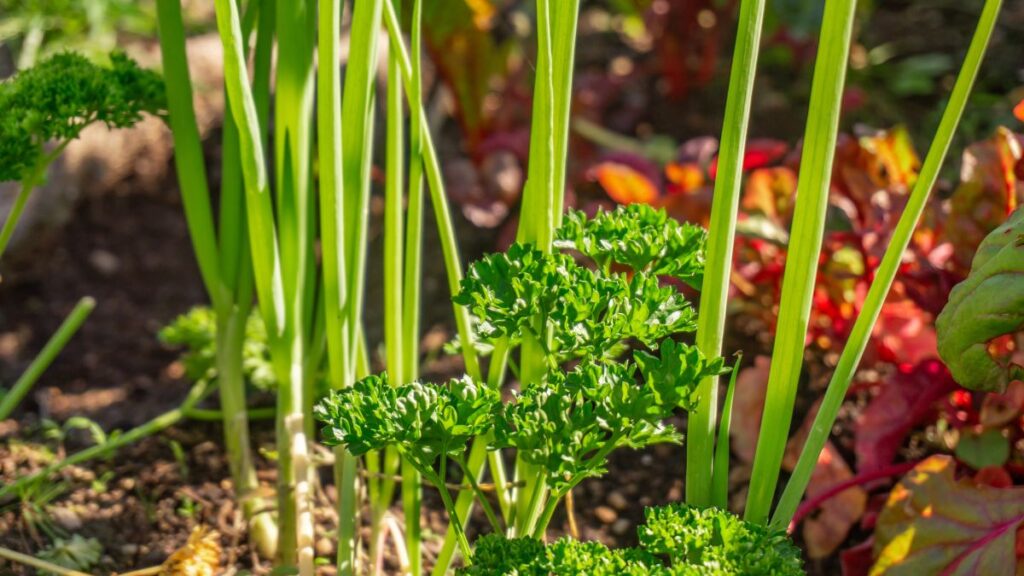
Companion planting involves growing certain herbs and vegetables together to benefit each other. For example, planting marigolds near tomatoes can help deter pests that target tomatoes, while basil can enhance their flavor and growth.
Research and use companion planting techniques to optimize your garden’s productivity and natural pest control. This approach improves your plants’ health and yield and creates a more harmonious and efficient garden ecosystem. Companion planting is a valuable strategy for enhancing garden success and maximizing space.
Support Your Plants
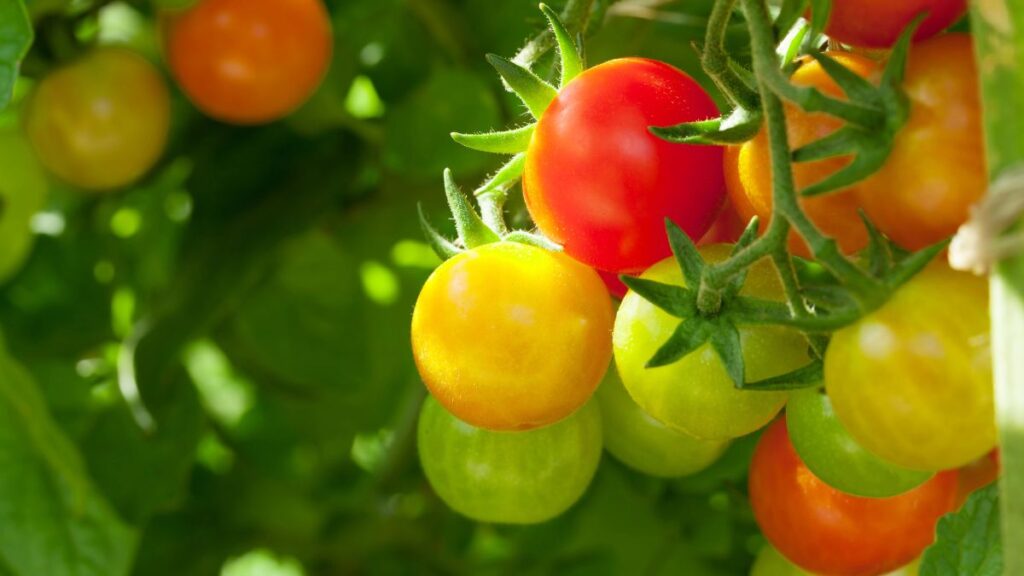
Many plants, such as tomatoes and cucumbers, require support to grow effectively. Use stakes, cages, or trellises to keep these plants upright and prevent them from sprawling on the ground. Proper support helps avoid damage to the plants and makes harvesting easier.
Ensure that the support structures are sturdy and positioned early in the plant’s growth to provide adequate support as the plants mature. Providing the necessary support is crucial for maintaining plant health and optimizing your harvest.
Extend the Growing Season
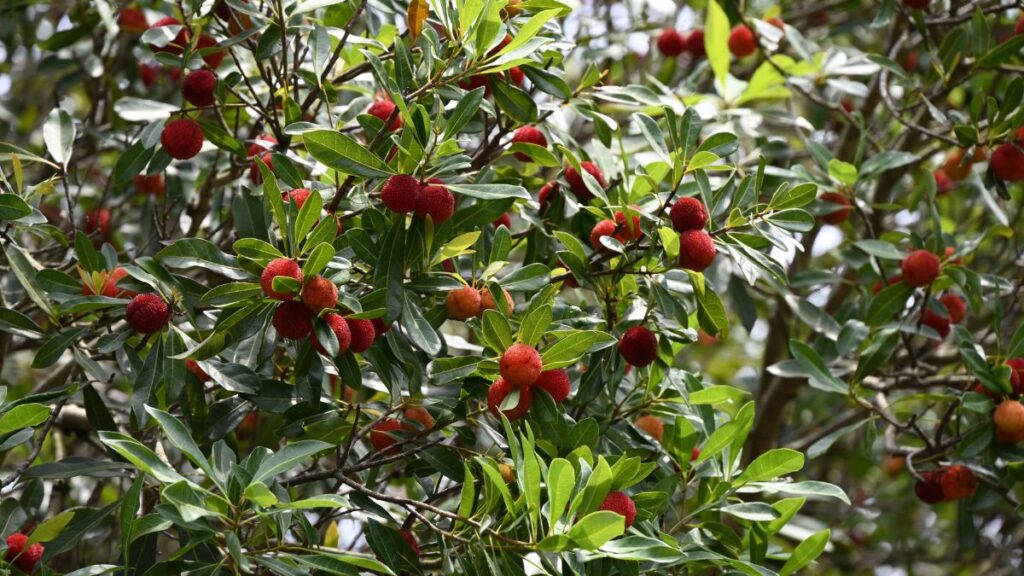
To enjoy fresh produce for a longer period, consider using season extenders like row covers and cold frames. These tools protect plants from frost and extend the growing season by creating a more controlled environment.
In warmer climates, shade cloth can help shield plants from intense heat and sun. Planning your garden to include these season-extending methods allows you to maximize your growing potential and enjoy homegrown produce throughout the year. By adapting to seasonal changes, you can continue to reap the benefits of your garden even in less favorable conditions.
Compost Kitchen Scraps
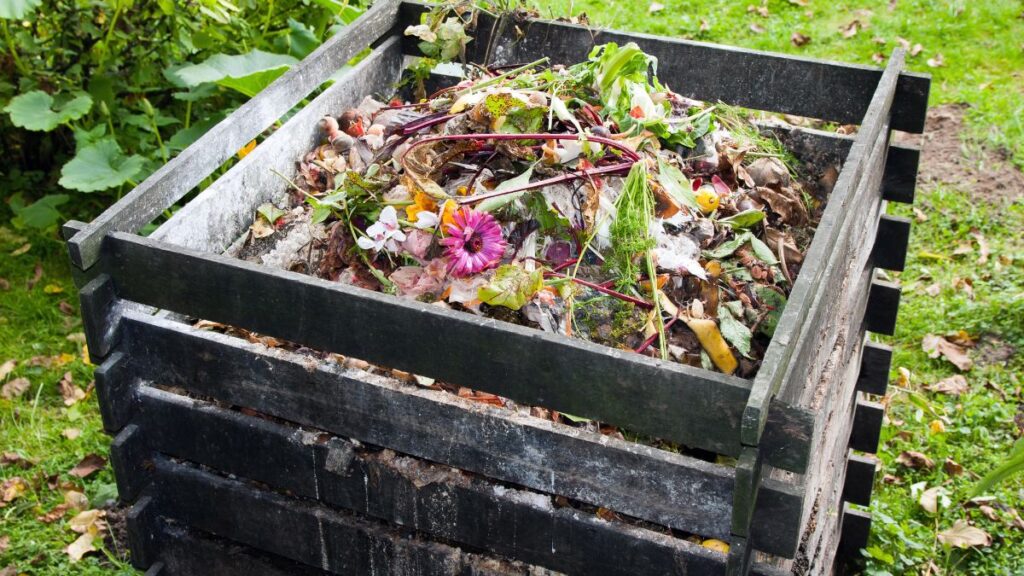
Creating compost from kitchen scraps is an excellent way to recycle waste and enrich your garden soil. Add vegetable peels, coffee grounds, and eggshells to your compost bin to create nutrient-rich compost that will benefit your plants.
Composting reduces waste and provides valuable organic matter that improves soil structure and fertility. Ensure a balance of green (nitrogen-rich) and brown (carbon-rich) materials in your compost for the best results. By composting kitchen scraps, you support a more sustainable gardening practice and enhance the health of your garden.
Label Your Plants
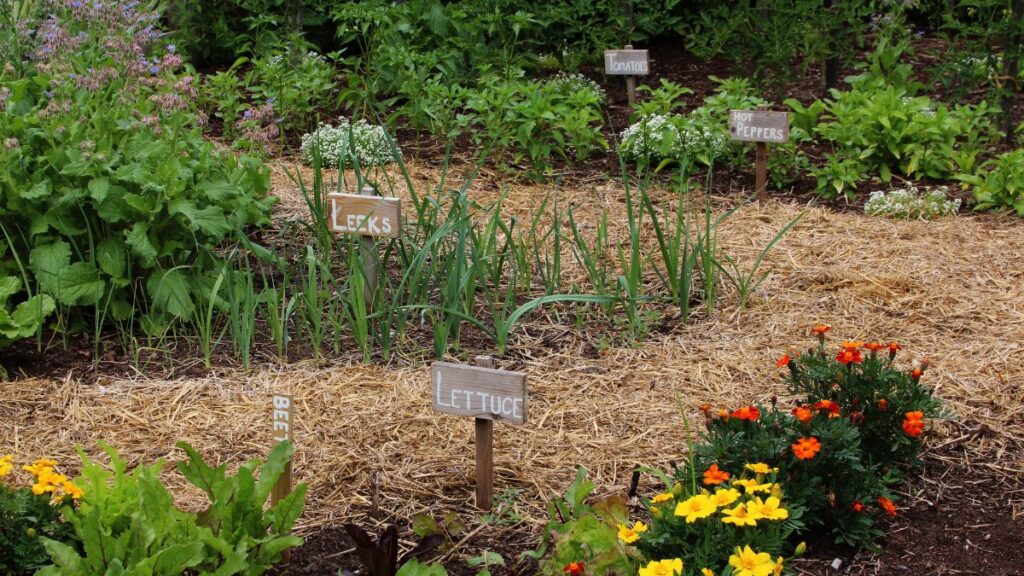
Labeling your plants helps track what you’ve planted and makes garden management easier. Use plant markers or stakes to identify different herbs and vegetables, which is especially useful when starting seeds.
Labels help you remember what you’ve planted, track growth, and manage care for each type of plant. Clear labeling also helps prevent mix-ups and ensures you can provide each plant’s specific care. This simple practice improves organization and enhances your overall gardening experience.
Enjoy the Process
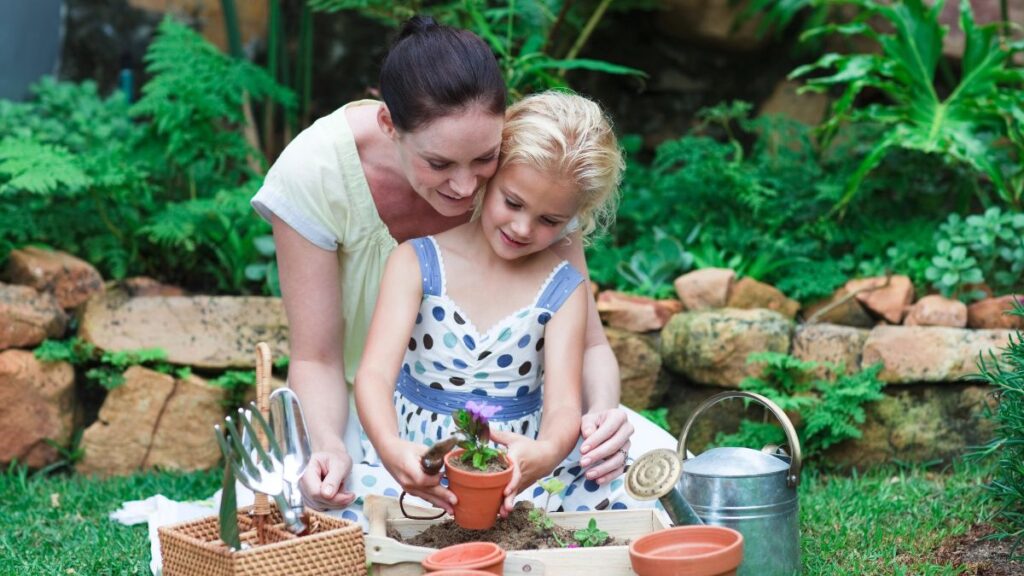
Gardening is a rewarding journey that offers both challenges and joys. Embrace the process of growing your own food and take pleasure in experimenting with different plants and gardening techniques. Celebrate your successes and learn from any mistakes along the way.
Growing your own herbs and vegetables is a fulfilling hobby that allows you to connect with nature, enjoy fresh produce, and develop new skills. By enjoying the gardening process, you make the experience more satisfying and enriching.
15 Practical Ways to Save Money During Retirement

Entering retirement doesn’t have to mean giving up a comfortable lifestyle. With strategic planning and simple adjustments, it’s possible to make the most of your retirement income and enjoy a financially secure life.
15 Practical Ways to Save Money During Retirement
15 Foods Only The Wealthy and Elite Can Eat Now

Culinary trends are constantly evolving, and some foods have become more than just sustenance—they’ve become status symbols reserved for the elite.

